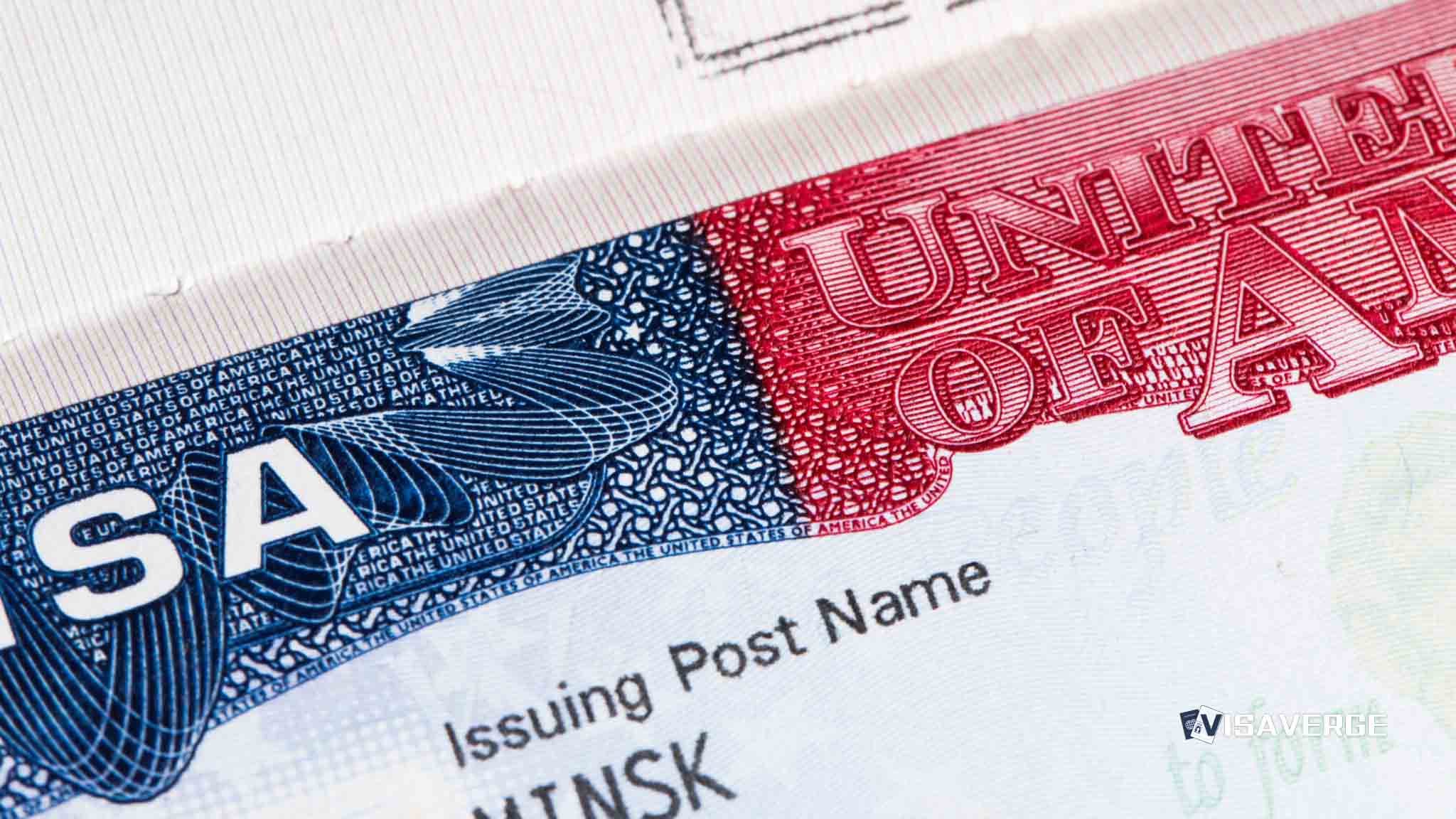Becoming an international student in Spain can be both an exciting and challenging experience. With its rich culture and high-quality education system, Spain is an attractive destination for students globally. If you’re considering working while studying in Spain, it’s crucial to understand the nuances of the Spanish student visa and its associated terms for employment. In this guide, we’ll delve into the specifics of the Student Visa Spain and the regulations for Working on Student Visa in Spain Rules.
Understanding Your Student Visa Conditions

The Spanish student visa is designed for stays exceeding 90 days and is aimed at those undertaking studies, training, internships, volunteering, or working as an au pair or language assistant. But remember, if your course or related activity is shorter than 90 days, a student visa is unnecessary, and a tourist visa can suffice, contingent on your nationality.
Eligibility to Work on a Spanish Student Visa
One of the primary questions that come to mind is, “Can I work while studying in Spain?” And the simple answer is: Yes, provided you meet certain criteria such as having sufficient savings for self-support and obtaining private healthcare. However, it’s vital to note that the savings demonstrated for your visa application should be independent of your potential earnings from work within Spain.
Limitations and Considerations
When you’re in Spain as a student holding the visa, there are restrictions in place designed to ensure your studies remain your primary focus. These include:
- Work Compatibility: Your job must not interfere with your studies.
- Maximum Work Hours: You are limited to a maximum of 30 hours of work per week.
- Income Sources for Visa Application: The financial means you show for your visa must come from savings or other passive income sources, not from the job you intend to take in Spain.
Working as an Employee
Should your academic program require professional work experience to complete your degree, the university or academic institution will typically arrange this without necessitating further authorization. However, if your intent is to engage in part-time employment unrelated to your studies, it falls upon your prospective employer to request work authorization on your behalf, providing various supporting documents.
Required documentation includes, but is not limited to:
- EX-12 application form and a copy, completed by the employer
- A valid passport or travel document
- Evidence of qualifications relevant to the job
- Proof of study-work compatibility
- Details of the company and legal representation
- Employment contract
- Proof that the employer can meet contractual wage obligations
Additionally, your employer must handle the payment of your social security contributions and work authorization fees using forms 790 and 062 within a 10-day window. As for you, there’s a small fee to be paid separately.
The decision on your work authorization request typically arrives within three months. A lack of response is indicative of a denial.
Becoming Self-Employed in Spain
If you’re nurturing an entrepreneurial spirit and wish to start your own business, the journey is more intricate. To work as a self-employed individual or autónomo, you need a robust business plan to present to the Immigration Office. Crucially, you must balance this with your studies and adhere to the 30-hour work week maximum.
Bearing the costs is another consideration. The monthly social security charges in Spain vary between €225 to €530, contingent upon your earnings. For instance, an income of less than €670 a month entails the lower tier of €225 for social security – this is aside from taxes and the fees paid to an accountant.
To proceed, you’ll need to furnish:
- A completed EX-12 form and copy
- Your passport and student visa
- Student residency authorization
- Qualification proofs for business activities
- Proof of study-work compatibility
It’s your responsibility to register as an autónomo and with Social Security. The response time for your application mirrors that of regular employment, extending up to three months.
Additional Points to Remember
Keep in mind that your work authorization aligns with the duration of your course. If your academic journey concludes or is interrupted such that you can no longer study, your work authorization ceases concurrently. For courses shorter than three months not requiring a student visa, note that you’re ineligible to work on a tourist visa.
In summary, while avenues to work during your studies in Spain exist, they are laden with specific requirements and regulations that must be rigorously observed. For additional information and specifics on the application process, be sure to consult official resources such as the Spanish Ministry of Foreign Affairs or your local consulate.
Consider this: preparation and knowledge are your best tools when venturing abroad to study and work. Familiarize yourself with Spain’s immigration rules, and you’ll pave the way for a rewarding international educational experience complemented by work opportunities.
Learn Today:
Glossary or Definitions
1. Student Visa: A visa issued to individuals who wish to study, train, intern, volunteer, work as an au pair, or work as a language assistant in a foreign country for a period exceeding 90 days.
2. Tourist Visa: A visa issued to individuals who wish to visit a foreign country for a temporary period, typically for tourism purposes, and not for study or work activities.
3. Self-Support: The ability to financially support oneself without relying on income earned from work within the country of study.
4. Private Healthcare: Healthcare coverage obtained through private insurance providers, separate from the healthcare system of the country of study.
5. Work Compatibility: The requirement that the job an individual takes while studying should not interfere with their academic studies.
6. Maximum Work Hours: The limit on the number of hours an international student on a student visa is allowed to work per week. In the case of Spain, the limit is 30 hours per week.
7. Income Sources: The financial means demonstrated during the visa application process, which should come from savings, investments, or other passive income sources and not from the job the individual intends to take in the foreign country.
8. Work Authorization: The official permission granted by the immigration authorities of a foreign country allowing an individual to work within that country.
9. EX-12 Application Form: A specific form required by the Spanish authorities for work authorization applications.
10. Social Security Contributions: Payments made by employees and employers to a social security system to fund benefits such as healthcare, pensions, and unemployment benefits.
11. Autónomo: A self-employed individual who operates their own business or provides services on a freelance basis.
12. Business Plan: A detailed document outlining the objectives, strategies, market analysis, and financial projections of a proposed business venture.
13. Student Residency Authorization: Documentation provided by the immigration authorities of a foreign country granting legal residency to a student enrolled in an academic program.
14. Qualification Proofs: Documents or certifications that demonstrate an individual’s qualifications or abilities in a specific field, relevant to the proposed business activities.
15. Registration: The process of officially enrolling as a self-employed individual or business entity with the appropriate government agencies or authorities.
16. Response Time: The period taken by the immigration authorities to review and respond to a work authorization or residency application.
17. Ministry of Foreign Affairs: The government department responsible for a country’s foreign policy, international relations, and consular affairs.
18. Consulate: The official diplomatic mission of one country in another, typically providing services to its citizens abroad, including visa and immigration assistance.
Please note that the definitions provided are based on the context of the content provided and may not cover all possible interpretations of the terms.
So, there you have it! Navigating the rules of working on a student visa in Spain can be a bit of a twisty road, but with the right information, you’ll be on your way to balancing studies and work opportunities in this beautiful country. Remember, always stay up-to-date with the latest regulations and consult official resources like the Spanish Ministry of Foreign Affairs. And if you want even more expert advice and guidance, visit visaverge.com. Happy studying and working in Spain!
This Article in a Nutshell:
Navigating work rules on a student visa in Spain requires understanding visa conditions, eligibility criteria, and limitations. Work must not interfere with studies, up to 30 hours per week are allowed, and savings for your visa cannot come from potential earnings in Spain. Consult official resources for more information.








